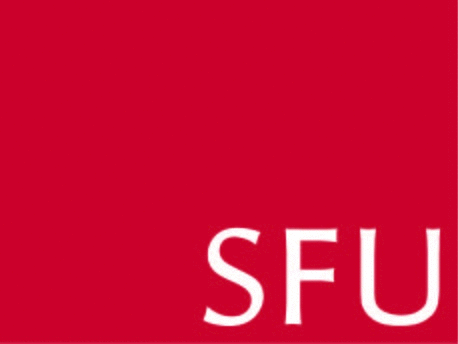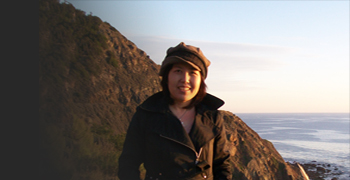
 |
|---|
| Associate Professor |

| + | HOME |
|---|---|
| + | ABOUT |
| + | RESEARCH |
| + | TEACHING |
| + | CONTACT |
| + | CREATIVE WRITINGS |
The Road Not Taken
Two roads diverged in a yellow wood,
And sorry I could not travel both
And be one traveler, long I stood
And looked down one as far as I could
To where it bent in the undergrowth;
Then took the other, as just as fair,
And having perhaps the better claim
Because it was grassy and wanted wear,
Though as for that the passing there
Had worn them really about the same,
And both that morning equally lay
In leaves no step had trodden black.
Oh, I marked the first for another day!
Yet knowing how way leads on to way
I doubted if I should ever come back.
I shall be telling this with a sigh
Somewhere ages and ages hence:
Two roads diverged in a wood, and I,
I took the one less traveled by,
And that has made all the difference.

屈原Qu Yuan (339BCE -278 BCE)
When I first boarded a plane to Canada in 1992—my first ever plane flight—I didn’t know where this trip would lead. I was born in Maoist China but educated in the reform era under Deng Xiaoping. I spent the best times of my youth on the campus of Beida (Peking University) from 1984 to 1991, which was a time of cultural renaissance and enlightenment in contemporary Chinese history. I first studied Chinese literature as an undergraduate, then completed post-graduate studies with Professor Yue Daiyun in comparative literature, a new discipline just being introduced to China. However, after 1989, many of us looked to the outside world to breathe freely, and the only way for young Chinese to go abroad back then was to become an international student.
I fell in love with Vancouver at first sight, and Vancouver later indeed became my home, physically and spiritually. Struggling with English and head-swelling western theories, I somehow managed to stumble through the graduate program in Asian studies at UBC and received my Ph.D. degree in 1997. By then, with my vigorous training in literary criticism, intellectual history and comparative literature under Professor Michael Duke, I started to think of becoming an academic. I enjoy reading, writing, reflecting, and discussing issues with others, and I also feel it is extremely important to introduce an updated view of China to the world, especially its contemporary culture and thought. While there has been a constant in-flow of Chinese students to the West over the last three decades, few come to study humanities, and even fewer have the opportunity to channel a dialogue between China and the world in cultural terms.
Though trained in literary studies, my research and teaching over the last decade has expanded to include film and cultural studies, and more recently, other forms of popular culture and new media. The reason for these new intellectual pursuits is not just a matter of chasing new topics — though I have to admit that I’m always excited by new subjects and new ideas — but rather an understanding that I have come to after years of reflection: the need to study China as a conjuncture, to “focus on the social formation as a complexly articulated unity or totality” (Lawrence Grossberg).
It has not been a short and smooth journey for me to finally feel comfortable in my chosen career and settle into my new home. The detours have taken me around the world, not only east and west, but also up and down(-under): I taught at the University of Alberta (1999-2003) and University of Sydney (2005-1008) before finally returning to Vancouver to work at SFU in 2008. Luckily, I have a trustworthy companion (and co-traveller) who has shared with me much of the dreams, struggles, frustration and joy along the road. And we also brought a new life into this world whose fresh pair of eyes has made the journey even more interesting.
I once pondered whether I should go back to China, because living as an immigrant often feels “neither here nor there”. But now, with my research and teaching in Chinese studies and Asian Canadian studies, I have actually become culturally and spiritually connected with both the place that I came from and the place in which I have settled. While I keep updating my knowledge of China with frequent trips to China for conferences, teaching and field research, I also have the privilege to observe China as an outsider, and to understand the dramatic changes taking place there and the profound implications for the world around it. I have learned to appreciate the dual perspective that this life-in-between allows me and the wider horizons it has opened up. To me, life can be both here and there, and I can enjoy the views along the road without having to be fixed in one place.